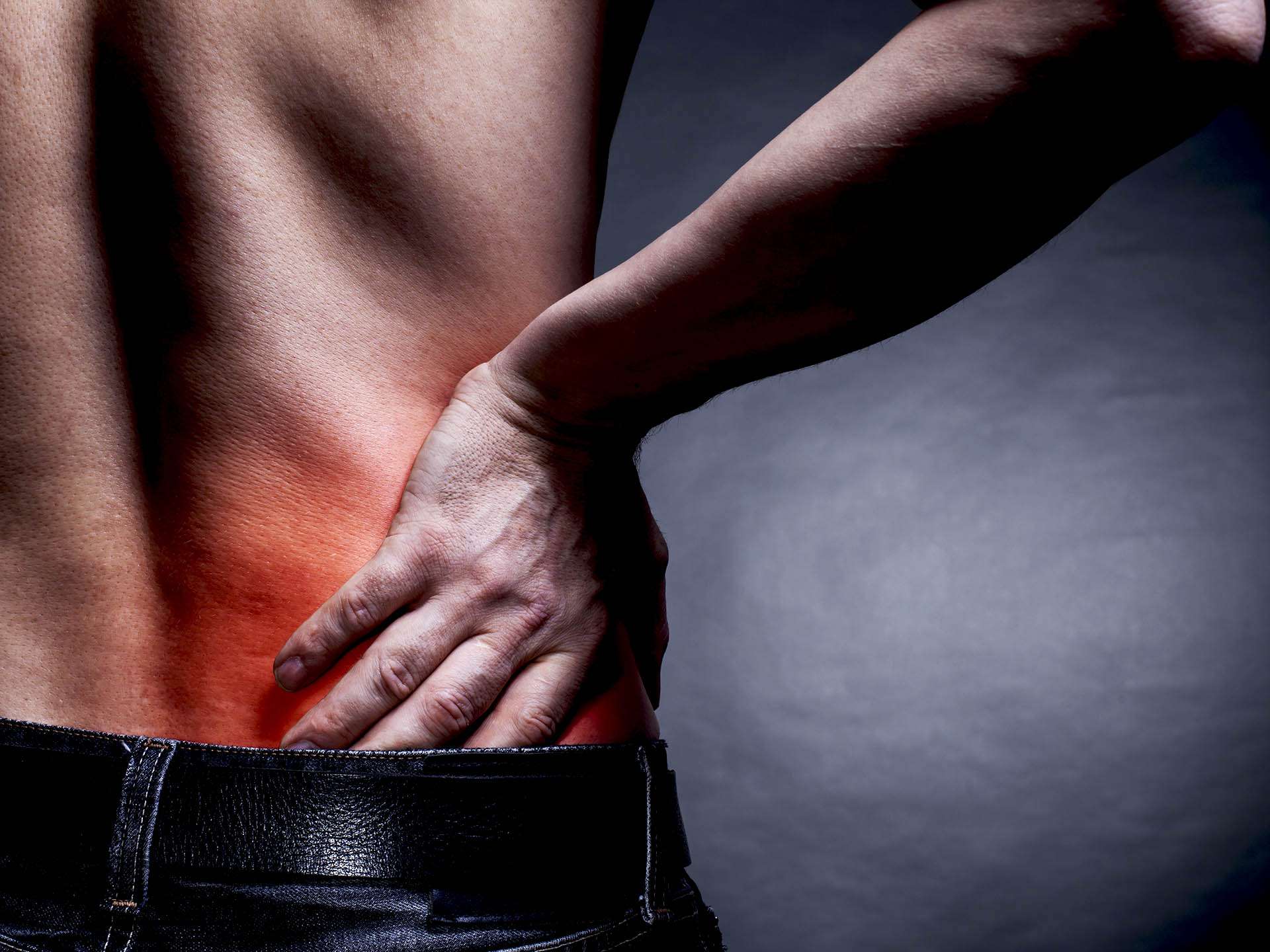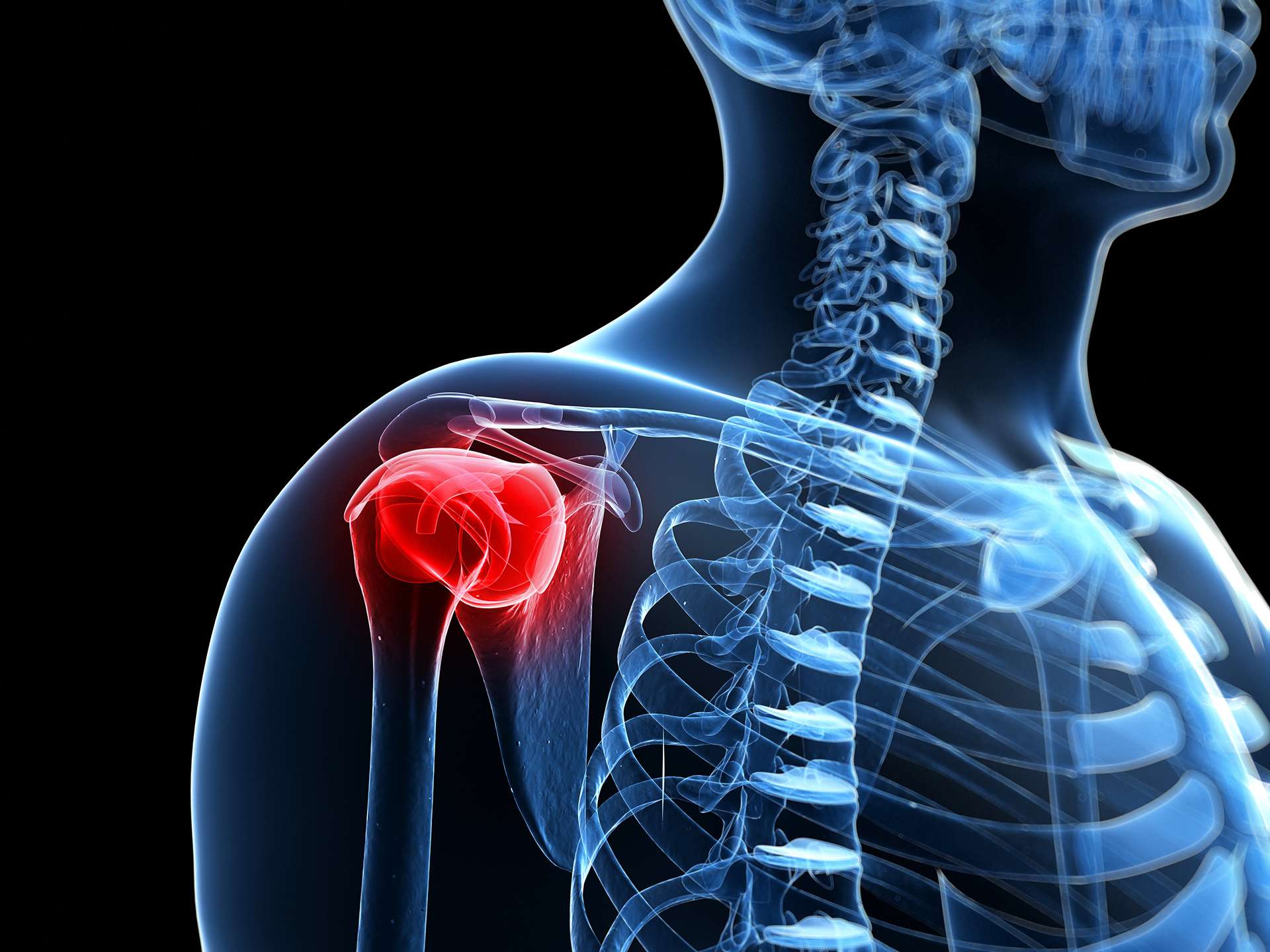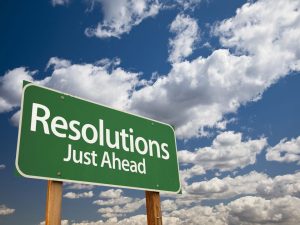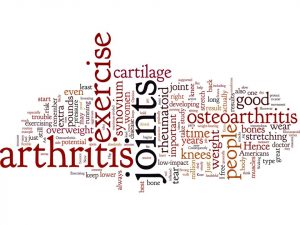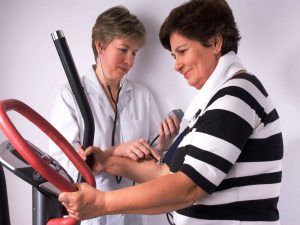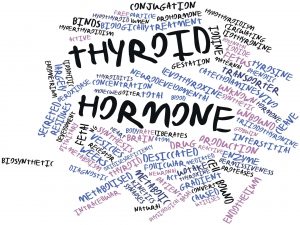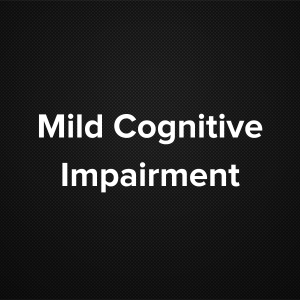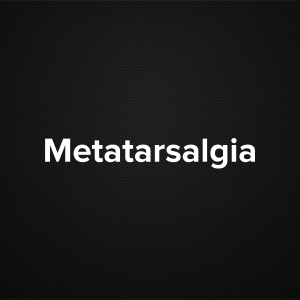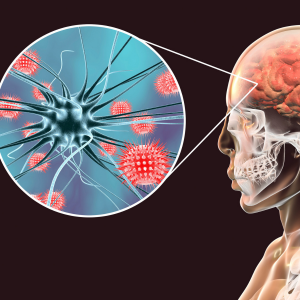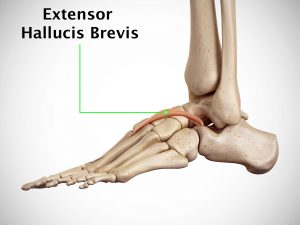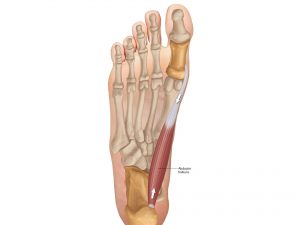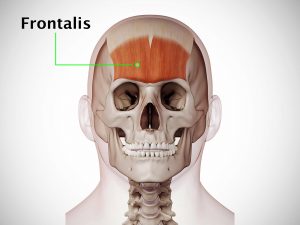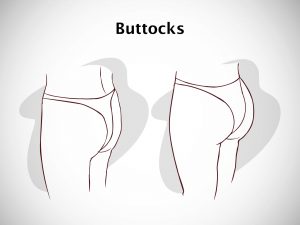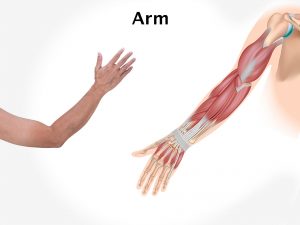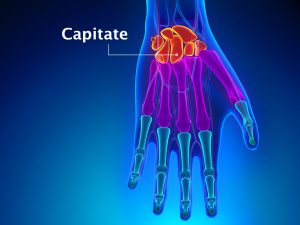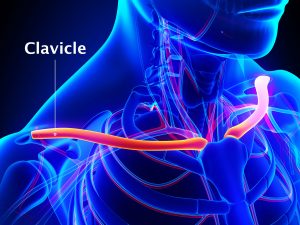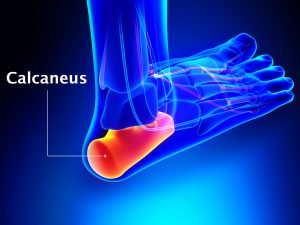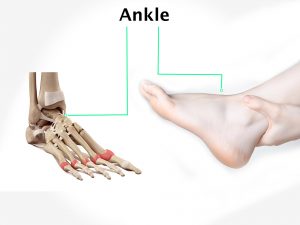The spine is made of 26 vertebrae (bones) and between these bones there are discs that absorb the shock when we walk, exercise, lift, or twist so that the vertebrae (bones) remain protected and safe. Each of these discs has two parts; the inner part is soft while the outer part is tough to take the shock. When the soft inner portion protrudes into the tough outer portion, it is called slipped or herniated disc. Naturally, this causes pain, and if the slipped disc also puts pressure on the nerves that pass through the spinal column, then it can lead to numbness or weakness in the arms, or legs. If the condition becomes severe, then you have to undergo surgery which means either repairing the disc or removing it completely.
Any back or neck pain that prevents you from following your normal day-to-day activities needs to be checked by a doctor. Slipped disc can occur in the neck or in the lower back which is more common. There are varying degrees of pain from mild to severe. Symptoms for the neck include numbness, tingling, weakness, or pain that may occur in the neck, shoulder, arms, or hands. Neck will hurt more when it is moved.
Symptoms for slipped disc in the lower back can include any of the following :
- Pain in the back of the leg from the hip to the knees in most cases only on one side. It is also called sciatica pain.
- Numbness, tingling, or pain in the buttocks, back of legs or feet.
- Pain when moving or coughing or which worsens at night or after sitting and standing.
- Pain even after walking a short distance.
- In severe cases, numbness around anus and genitals and also difficulty in controlling bowel and bladder functions.
If these symptoms are also accompanied by fever, chest, or abdominal pain, then you need to see the doctor immediately. Any falls that cause injury to the neck or the spine also need to be seen by a doctor to rule out any emergency treatment.
Causes
Age-related slipped disc occurs when the outer ring becomes worn out or when the discs begin to lose their protective water. This allows the inner portion to slip out more easily. A disc can slip when lifting very heavy objects or when turning and twisting. Any job that requires a lot of lifting and pushing increases chances of a slipped disc. People with weight issues and those who lead sedentary lives are also prone to slipped disc.
Slipped discs need to be treated or they can cause permanent damage to the nerves, and in rare cases, the nerves in the legs and lower back can be cut off. When this happens, the patient can lose bladder and bowel control. When the slipped disc compresses the nerves, it can also cause loss of sensation in the thighs, back of legs, and around the anus.
